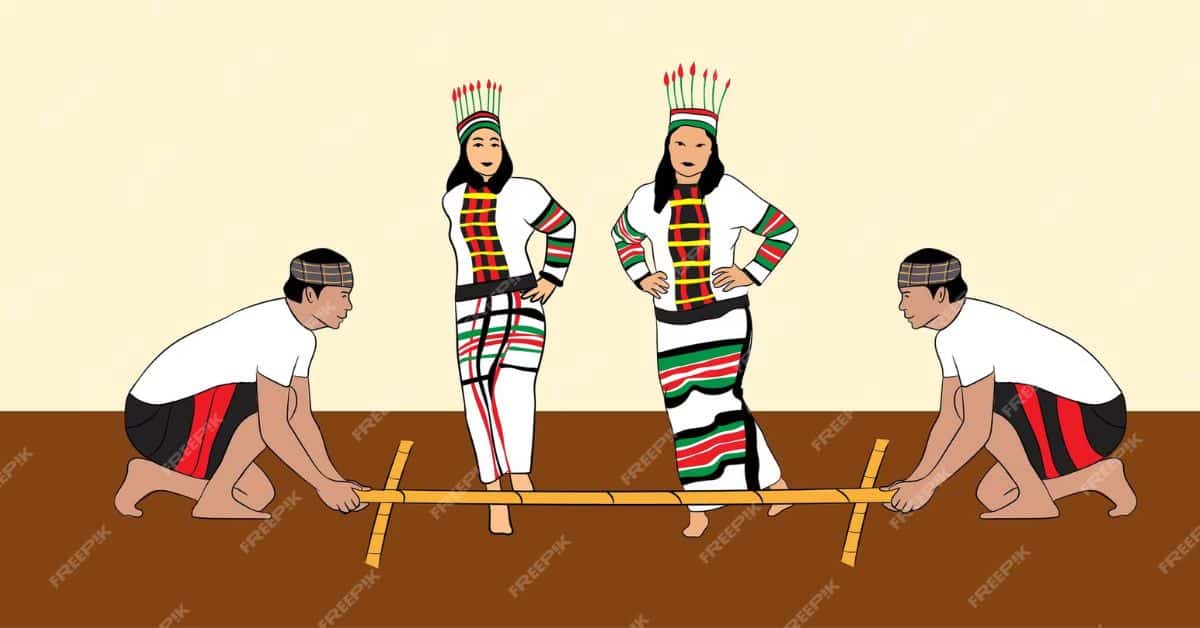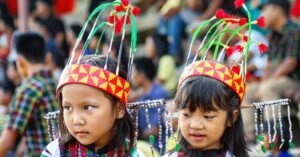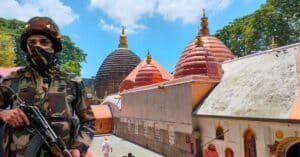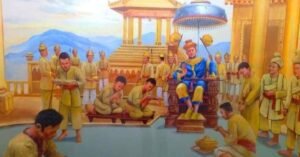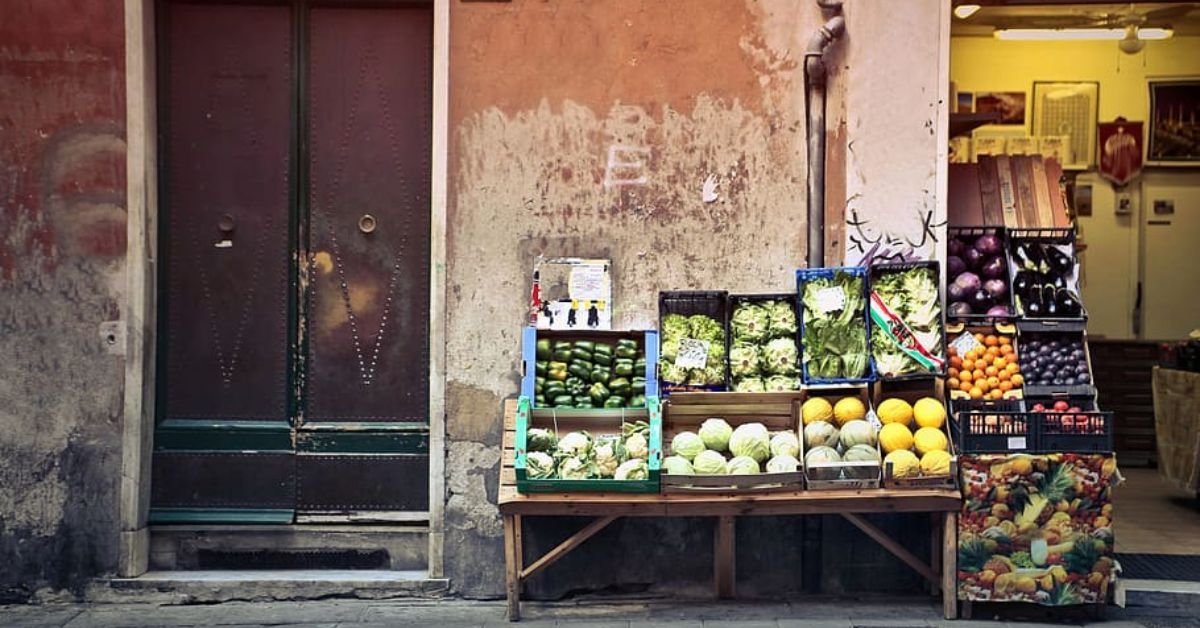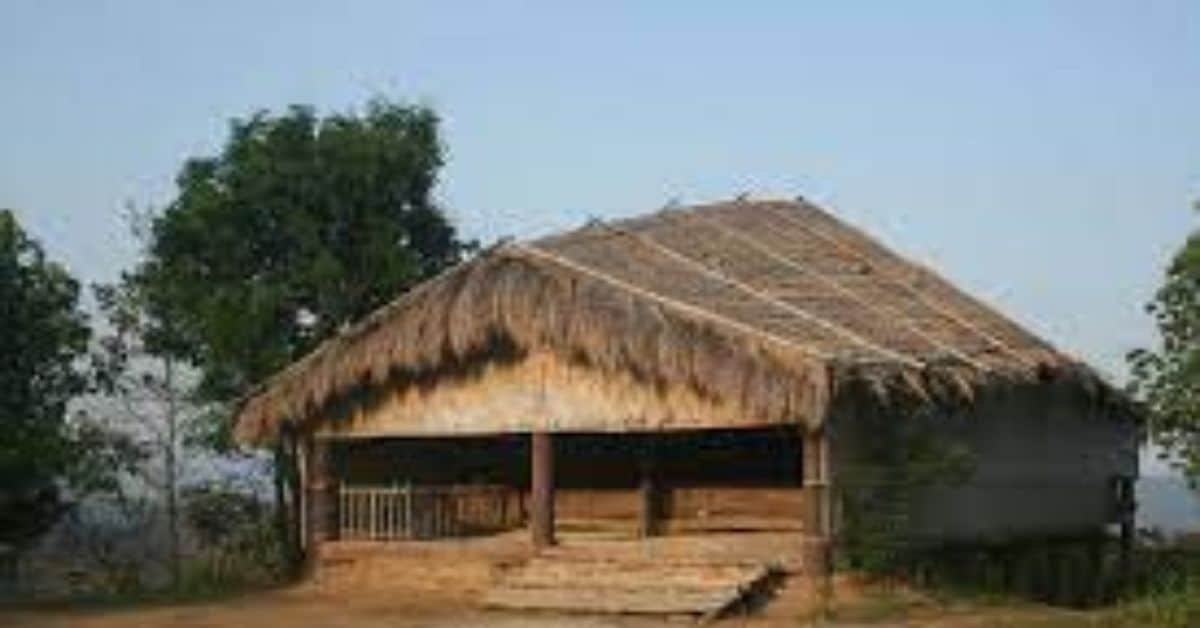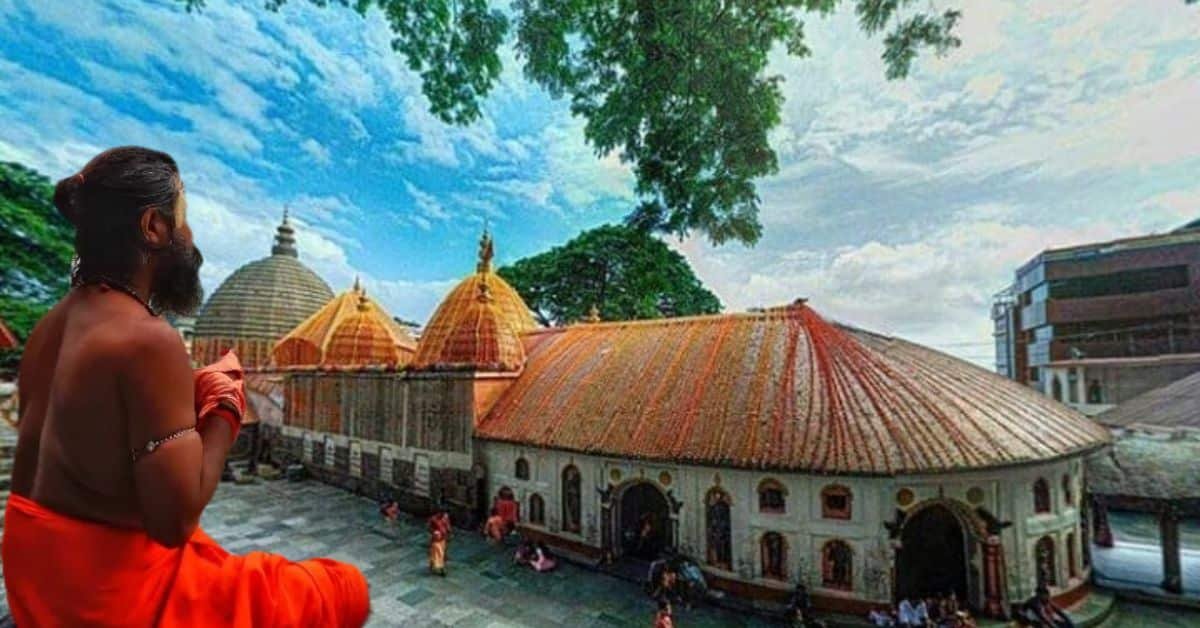The Mizo people, an indigenous tribal community living primarily in the northeastern region of India, especially in the state of Mizoram, have a unique and vibrant mizo culture that indeed offers valuable insights for the world. While it may be a bit of an oversimplification to call them “the most advanced tribal culture,” their way of life is certainly rich in tradition and values. Here are three key concepts that revolve around the Mizo way of life that the world can learn from:
Tlawmngaihna
The term “Tlawmngaihna” signifies the core value of providing assistance to others and not being a burden on one’s community. In Mizo culture, It encompasses qualities such as politeness, courage, kindness, and advocating for the betterment of the larger society. This principle is rooted in the idea of prioritizing the interests of others over one’s own. It is said that when someone places “We” ahead of “I,” they embody the spirit of Tlawmngaihna. For instance, in Mizo society, if a farmer falls ill, it is the collective responsibility of fellow villagers to cultivate the land on his behalf. Similarly, when natural disasters strike, community members are expected to assist in repairing and rebuilding affected houses, providing food, and other essential supplies to those affected. Extending hospitality to travelers is also considered a fundamental duty for every community member.
Nghah lou dawr : A Remarkable Mizo Culture
The next concept, “Nghah lou dawr,” exemplifies another remarkable aspect of Mizo society. This practice can be observed in unattended shops located along the highway near Seling, approximately 65 kilometers from the capital city of Aizawl. Every morning, farmer-owners of these shops arrange a variety of goods, including fruits, vegetables, fruit juice, dried fish, and local delicacies like freshwater snails, in their bamboo-thatched shops. They display small signboards indicating the names and prices of the items and provide payment boxes for customers. After setting up their shops, the owners depart to tend to their shifting cultivation farms. Passersby are expected to select the items they need and deposit the corresponding payment into the boxes. These shops remain operational year-round. The “Nghah lou dawr” system embodies a distinctive philosophy of conducting business, grounded in honesty and trust in Mizo culture.
Hnatlang
“Hnatlang” is another communal practice embraced by the Mizos. Under this tradition of Mizo culture, all physically capable members of the community are obliged to partake in communal events and contribute through labor. The practice of Hnatlang, coupled with Tlawmngaihna, mandates the provision of assistance during events such as weddings, public feasts, the construction of houses for self-help organizations, and jhum cultivation, among others. It is expected that one member from each household participates, and the failure to do so may result in the imposition of fines, either in cash or kind, on the family.
The values upheld and practiced by the Mizos exemplify a unique and commendable way of life in Mizoram. The spirit of cooperation and care for the welfare of the community plays a pivotal role in uniting the Mizos and conveying the principle of solidarity to the wider world.

